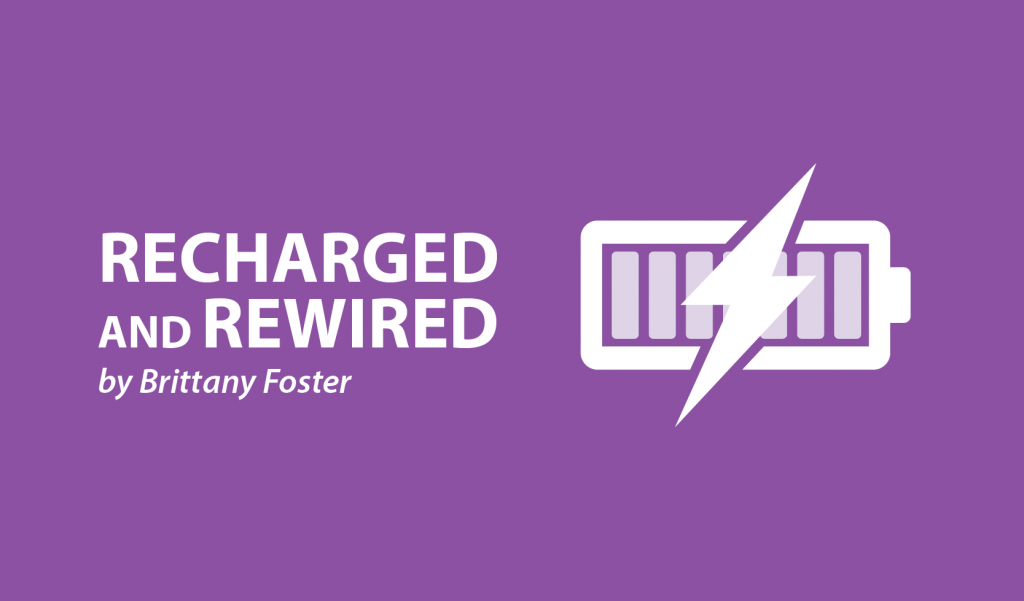Expressing Gratitude Instead of Apologizing

“I’m sorry you have to take these days out of work.”
“I’m sorry for not being able to spend a lot of time with you.”
“I’m sorry this has been so hard for me.”
“I’m sorry for not having a lot of energy lately.”
So much of the past few years of my life has been a series of apologies. I have apologized for my medical conditions to friends, family members, my boyfriend, and even my treatment team. I said “I’m sorry” for my physical symptoms, mental health, and the burdens I felt I was placing on everyone. After a few years of constant apology, I realized it wasn’t making me feel any better about myself. In fact, it was making me feel much worse.
Interested in PH research? Check out our forums and join the conversation!
Saying “I’m sorry” made me feel like more of a burden. I wrongfully placed blame on myself for physical illnesses that I did not cause. To let go of being stuck in a cycle of blame and guilt, I started replacing apologies with gratitude. Expressing gratitude not only helped my mental health, but also it helped me to recognize the positive qualities and traits in others that I value most.
A lot of my apologizing was deeply rooted in feelings of worthlessness and guilt. For much of my life, I felt sorry for what was happening to me. I felt as if I were to blame when others around me were upset. I began to doubt my strength when I would try so hard to fight off pain to no avail. I didn’t know that my medical conditions weren’t my fault. When I was caught up in apologizing so often, my mind felt clouded with doubt and self-blame.
I eventually learned more about my health conditions and started to take control of my medical care. Through researching, advocating, and talking with others with similar health conditions, it became clearer that pulmonary hypertension, my genetic disorders, and my congenital heart defects were not because of anything I had done wrong. They were not something I should be apologizing for. It was helpful to start opening up about my health. I chose to educate family, friends, and my boyfriend so that they would be aware of upcoming challenges and difficulties.
Now, with the support of my loved ones and my medical team, I have more self-awareness and enjoy spreading positive messages. I know that I am worthy even though I have serious medical conditions. I no longer carry around the same weighted guilt I once did, although, admittedly, I still say apologies every once in a while. This happens on days when increased anxiety or depression distort my thinking and judgment. Luckily, I have people in my life who remind me that I don’t need to apologize for something I can’t control.
Most of the time, I am able to catch myself before an apology. I try to rewire my thoughts to focus on gratitude. I like to think about how I can reword “I’m sorry” into “Thank you for …” Instead of apologizing for symptoms that I’m having, I now explain to my loved ones exactly what I’m feeling physically, and I’ll be honest if I am struggling mentally. If my symptoms are bad enough to bring someone home from work, I remember that I’m not the one causing them to come home. Instead of saying, “I’m sorry for making you leave work,” I will now say, “Thank you for taking the time to help and support me.” Changing my thought process on this has really loosened the burden I once felt so strongly.
Feeling thankful instead of sorry has helped my mental health so much. I am thankful that my loved ones and medical team have patience and express kindness, compassion, selflessness, sympathy, and love. I give thanks for all the sacrifices they have made for me. Expressing gratitude allows me to acknowledge the specific positive qualities that I value. Being grateful instead of feeling sorry all the time keeps me from negative thoughts and allows me to see the good in others.
***
Note: Pulmonary Hypertension News is strictly a news and information website about the disease. It does not provide medical advice, diagnosis, or treatment. This content is not intended to be a substitute for professional medical advice, diagnosis, or treatment. Always seek the advice of your physician or other qualified health provider with any questions you may have regarding a medical condition. Never disregard professional medical advice or delay in seeking it because of something you have read on this website. The opinions expressed in this column are not those of Pulmonary Hypertension News or its parent company, Bionews Services, and are intended to spark discussion about issues pertaining to pulmonary hypertension.









Leave a comment
Fill in the required fields to post. Your email address will not be published.